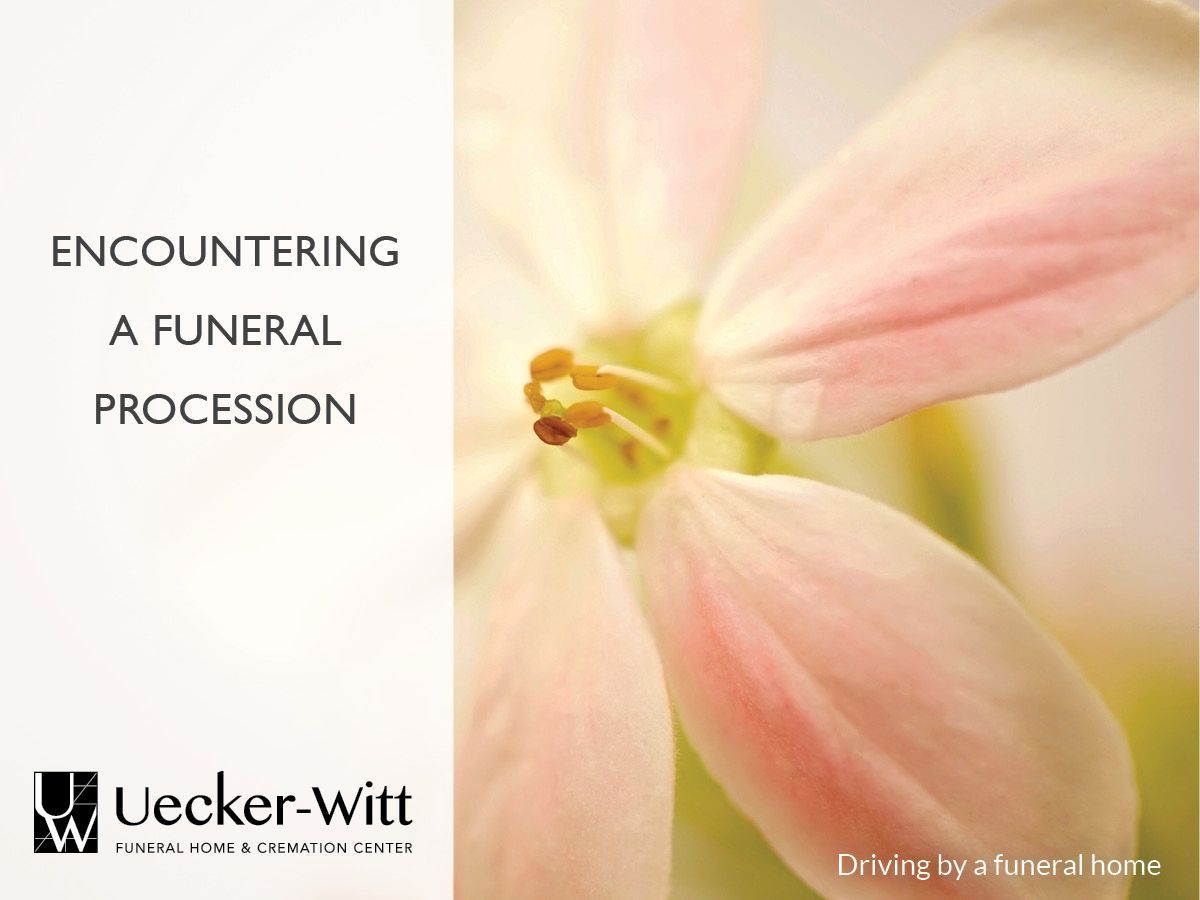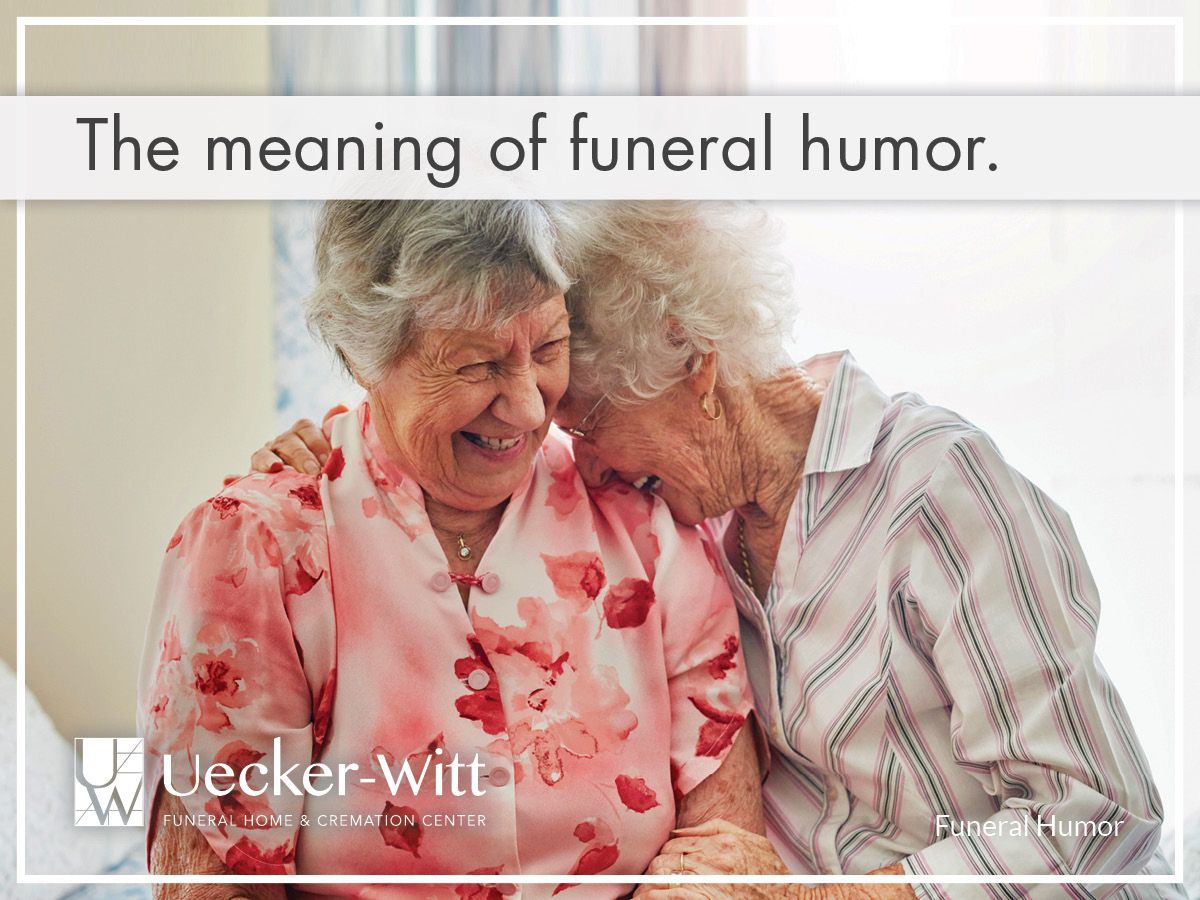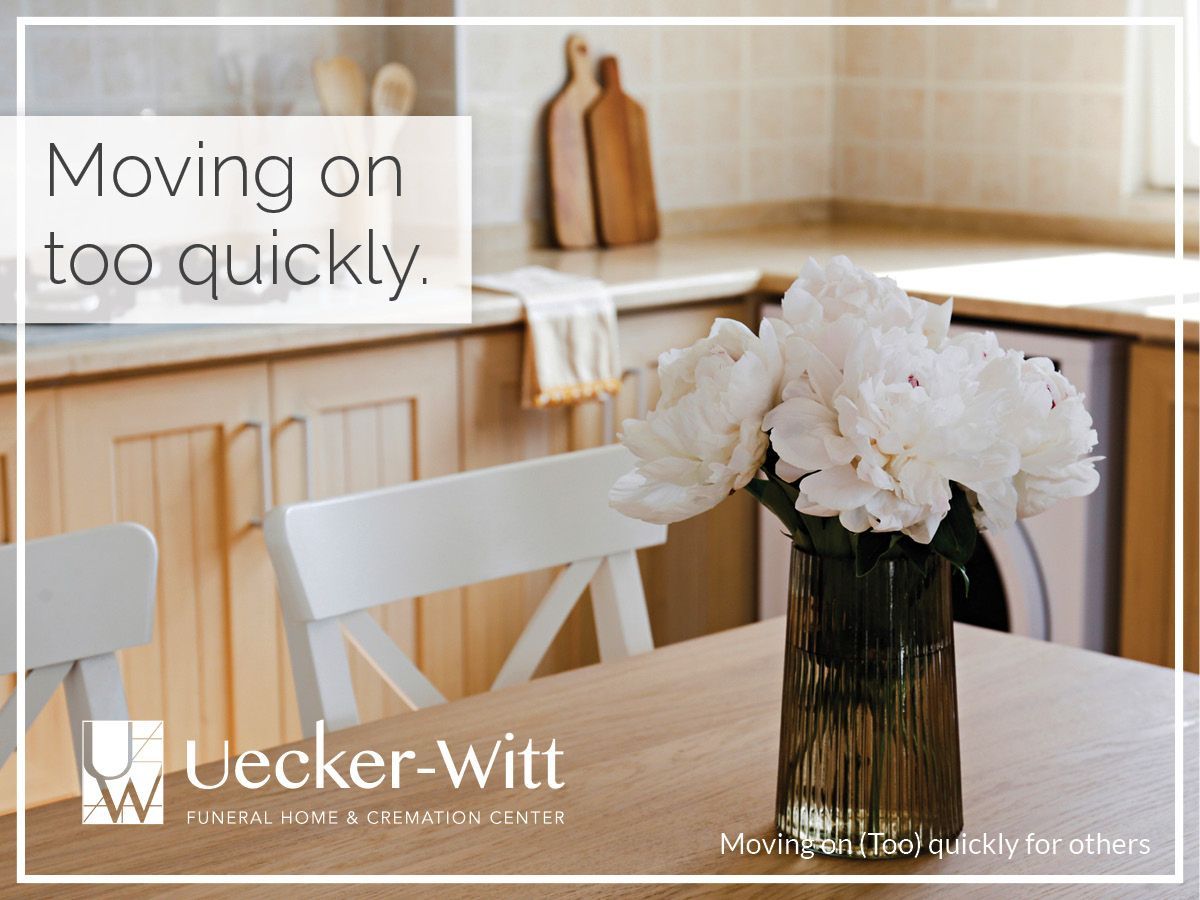Three Ways to Support Someone Who is Grieving in Isolation
Grief is difficult in perfectly normal times. However, when a global pandemic has us isolated, we lose two important comfort and coping mechanisms. Hugs are very hard to come by these days. In normal times the physical touch of a hug fills the vacuum when a person who loves another is at a loss for words but wants to show they care. Those who are grieving now, isolated and alone, have also lost another important coping mechanism. Distraction, via activity, is lost to many. Bridge groups are not meeting, church services and events are cancelled, volunteer activities have been suspended, all leaving mourners with many hours to pass alone.
If you know someone who has experienced a recent loss, look for a way to offer support and show you care. Three suggestions are:
- Use your words. Make it easy, use the phone, make a call. For many, some of the newer technologies like Zoom and FaceTime may be frustrating. When a person is in the throes of grief learning something new can feel as realistic as climbing a mountain on a whim. While it’s great to see a face, being available to listen and to just talk is valuable. Make it easy. Make it regular. Set up a regular call time like coffee on Monday morning, cocktails at five on Friday, or lunch on Wednesday. A regular repeating time has the added benefit of giving both the caller and the person who is coping with grief something to look forward to. The more “you get together” the less you need to worry about what to say and what not to say. Conversation will become natural and will expand beyond the loss.
- Offer to help where you can. Sometimes folks who are grieving get stuck. They are overwhelmed by a long list of little tasks that may seem simple to the rest of us. Where can I take the clothes? How do I safely discard medicine? How do I change the furnace filter? How do I get these leaves raked? Even the grocery store can feel overwhelming. Ask how you can help. Make a few suggestions. Keep in mind some people are not comfortable accepting help. Offer to do something specific. If that offer is not accepted, next time ask in an open-ended way such as “where could you use help”? If all else fails, just show up and pull the weeds.
- Do something kind and unexpected. Bring dinner, buy a flower, put on your mask and offer a ride to the cemetery. Send a journal. Think cozy and warm. Drop off a hot chocolate kit, a mini pie, a scented candle or warm socks. Be creative. Show you care and be kind.















